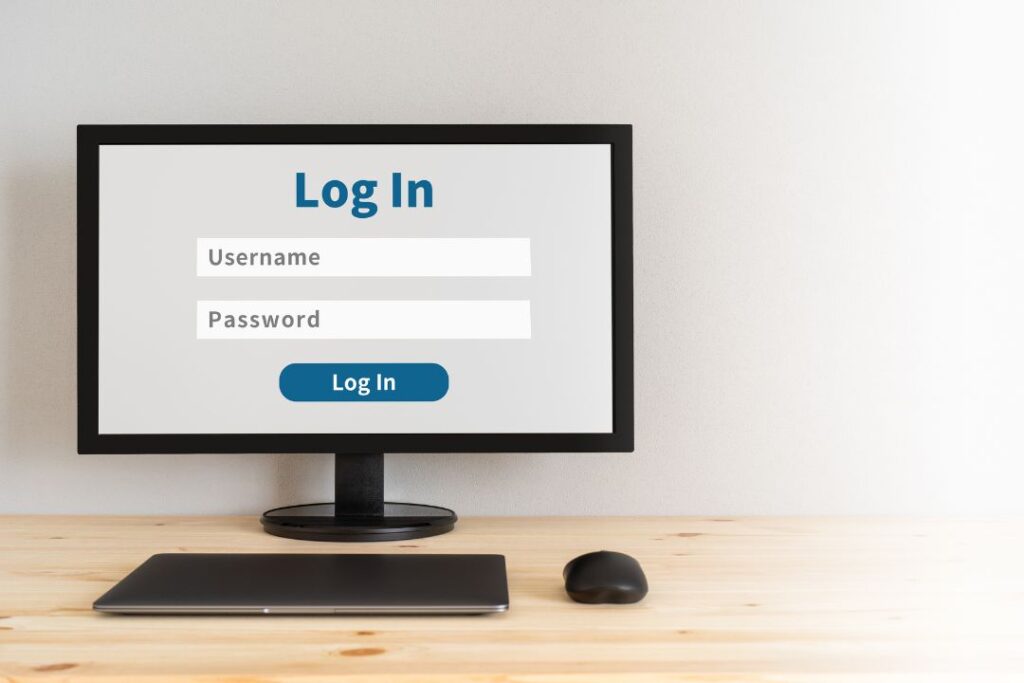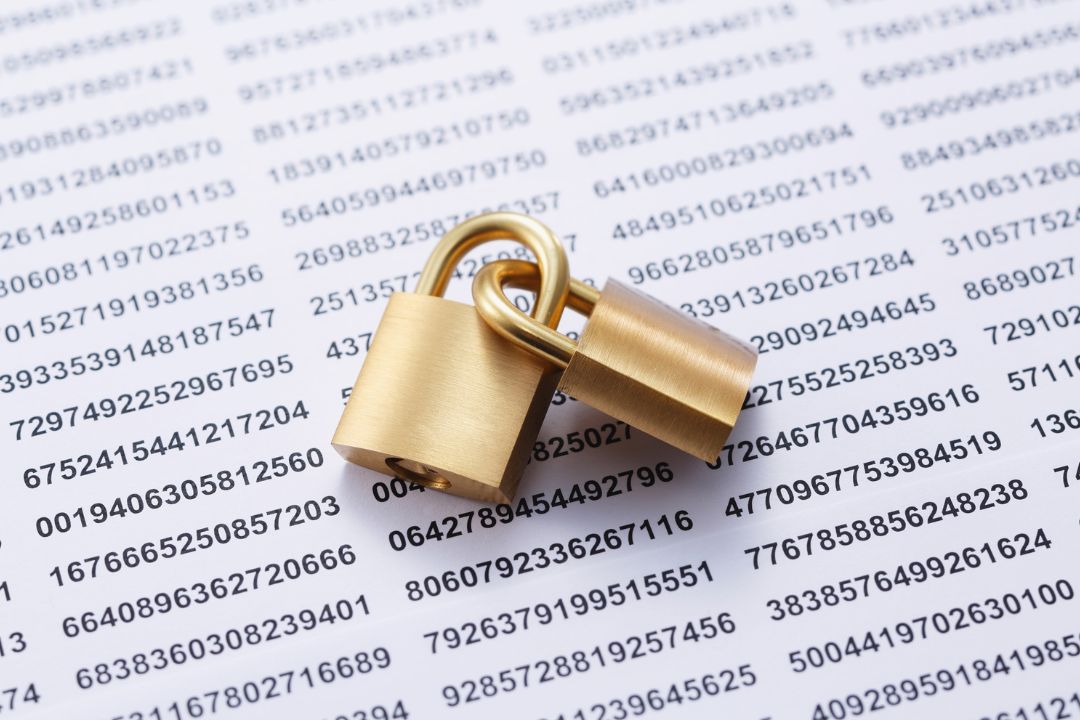As the healthcare industry evolves, protecting patient information has become a top priority. This is particularly true in dental billing, where sensitive personal and medical data are regularly collected and processed. To maintain the trust of patients and providers alike, dental billing services must prioritize HIPAA compliance.
Dental billing services are critical in safeguarding Protected Health Information (PHI) by implementing comprehensive strategies that uphold privacy and security standards. From secure electronic record-keeping to strict access controls, these professionals are well-versed in the best practices necessary for maintaining HIPAA compliance.
By entrusting the billing professionals at Dynamic Dental Solutions, providers can rest assured that their patient’s personal information is safe. With years of experience and a dedication to staying up-to-date on the latest regulations and protocols, our team is committed to protecting PHI and maintaining compliance with HIPAA standards.
Keep reading to learn more about the essential practices dental billing services must adhere to to ensure HIPAA compliance and protect patient information.
Implementing Advanced Encryption Methods
Dental billing services must incorporate robust encryption protocols to protect sensitive data during electronic transmissions and storage. These methods are essential for preventing unauthorized access and ensuring compliance with HIPAA standards.
Securing Data in Transit
Data in transit refers to PHI being shared between systems, such as submitting claims to insurance providers or communicating with dental offices. End-to-end encryption ensures that only authorized entities can decrypt and access the information. Using Secure Sockets Layer (SSL) and Transport Layer Security (TLS) protocols adds an additional layer of security to prevent interception.
Protecting Data at Rest
Encryption of data at rest secures PHI stored on servers, databases, and other electronic storage mediums. Advanced encryption algorithms, such as AES-256, provide industry-standard protection for stored data. Regularly updating and verifying encryption keys further ensures the security of sensitive information.
Managing Encryption Keys
Maintaining strong encryption protocols requires effective encryption key management. Dental billing services must store keys in a secure vault to protect them from unauthorized access. Organizations should also implement key rotation policies to minimize vulnerabilities caused by outdated or compromised keys.
Adopting End-to-End Encryption Solutions
End-to-end encryption ensures data remains secure throughout its lifecycle, from the sender to the receiver. Dental billing services must integrate encryption tools into their workflows for all data exchanges, ensuring complete protection. Vetting third-party vendors for compliance with HIPAA encryption standards is also critical to safeguarding PHI during collaborations.
Enforcing Strict Access Controls
Dental billing services must implement access control measures to protect PHI from unauthorized access. By restricting access to only authorized personnel, organizations reduce the risk of data breaches and maintain compliance with HIPAA requirements. Employees should only access the information necessary to perform their job responsibilities, following the minimum necessary rule.
Role-based access controls (RBAC) are effective for limiting access to sensitive data. Under this system, employees receive permissions based on their job roles, ensuring they only access PHI relevant to their duties. Regularly reviewing and updating access controls prevents outdated permissions from exposing critical data to unnecessary risk.
Organizations should also monitor access logs for unusual activity. This practice helps identify potential security threats as soon as they occur. By combining strict access controls, regular audits, and employee training, dental billing services can create a secure environment that prioritizes PHI protection.
Conducting Regular Security Risk Assessments
Performing routine security risk assessments is essential for identifying potential vulnerabilities within a dental billing service’s systems. These assessments evaluate existing security measures, helping organizations detect weaknesses that could expose Protected Health Information (PHI) to unauthorized access. Regularly conducting these evaluations ensures compliance with HIPAA standards and promotes improved data protection practices.
After identifying vulnerabilities, dental billing services must create and implement strategies to address these risks. This may involve updating outdated software, strengthening network defenses, or training employees on proper security protocols. Proactively addressing these issues reduces the likelihood of data breaches and ensures that patient information remains secure.
Monitoring and reviewing systems continuously is crucial for maintaining robust security. Technology and cyber threats evolve quickly, making constant vigilance necessary. Dental billing services should schedule periodic assessments and integrate security updates promptly to stay ahead of emerging threats.
This proactive approach helps organizations maintain the highest level of protection for patient information.

Develop a Data Breach Response Plan
Having a clear and tested data breach response plan is essential for dental billing services to handle incidents efficiently. HIPAA guidelines require organizations to act quickly to minimize harm and prevent further unauthorized access to Protected Health Information (PHI). To meet these requirements, dental billing services must create a detailed plan outlining the steps to identify, contain, and address data breaches.
Timely notification procedures are a critical component of any data breach response plan. HIPAA requires affected parties, including patients and relevant authorities, to be informed promptly after a breach is discovered.
This process should include clear guidelines on communicating the breach, providing necessary details, and explaining actions taken to address the situation. Transparent communication builds trust and reduces the negative impact of the breach.
Dental billing services should regularly test and update the response plan to ensure its effectiveness. They simulate breach scenarios to identify weaknesses in the plan and improve response measures.
Secure Physical and Network Security Measures
Protecting Protected Health Information (PHI) requires dental billing services to implement comprehensive physical and network security measures. Physical security ensures that sensitive equipment and paper records are safeguarded from unauthorized access, while network security defends against cyber threats targeting electronic systems.
Both are crucial for maintaining HIPAA compliance and safeguarding patient data.
The key physical and network security practices include:
- Restrict physical access to facilities and servers: Limit entry to authorized personnel using keycards, biometric systems, or other secure authentication methods. Employ surveillance cameras and security personnel to monitor access points continuously.
- Implement strong network defenses: Configure firewalls to block unauthorized access and monitor incoming and outgoing traffic for suspicious activity. Intrusion detection systems (IDS) are used to identify and respond to potential threats in real-time.
- Secure hardware and workstations: Ensure that all devices are locked and inaccessible when not in use. Install security cables on equipment and place sensitive hardware in secured rooms with controlled access.
- Segment networks: Utilize network segmentation to separate internal networks from public-facing systems. This limits the potential exposure of sensitive systems and reduces the impact of breaches.
Dental billing services can create a robust defense system to protect PHI in physical and digital environments by adopting these measures and continuously monitoring for vulnerabilities.
Regularly Update Policies and Procedures
Updating security policies and procedures is essential for keeping up with new technology, evolving threats, and changes to HIPAA regulations. Dental billing services should regularly review their guidelines and practices to ensure they meet current standards.
Organizations must adapt their policies as technology and cyber threats evolve. For example, services may need to implement stricter rules for managing access credentials, respond to emerging malware threats, or update encryption standards. Consistently updating procedures ensures that all practices align with the latest security protocols and regulatory requirements.
Employee training is also vital to maintaining updated policies and procedures. Staff should be informed of any changes to security practices and how these updates impact their daily responsibilities. Providing regular training sessions reinforces awareness and ensures everyone understands their role in protecting sensitive patient information.
Audit Trails and Monitoring
Dental billing services must implement systems that log and monitor access to PHI. These systems create detailed audit trails that record who accessed information, when access occurred, and what specific actions were performed. This level of monitoring helps organizations maintain transparency and quickly identify any unusual or unauthorized activity.
Regularly reviewing audit trails is critical for detecting security breaches or potential threats in real time. By analyzing these logs, dental billing services can spot patterns or activities that may indicate improper behavior. Promptly responding to these issues minimizes damage, protects patient data, and ensures ongoing compliance with HIPAA regulations.
To strengthen their monitoring efforts, dental billing services should use automated tools that identify and alert staff about suspicious access attempts. These tools save time and improve detection accuracy, allowing organizations to act swiftly. With thorough reviews and regular system updates, proactive monitoring builds a secure environment for patient trust and data protection.

Password Management and Authentication Protocols
Effective password management and authentication are critical for dental billing services to safeguard systems containing Protected Health Information (PHI). Strong password policies and multi-factor authentication (MFA) provide an essential line of defense against unauthorized access and potential breaches.
Establishing Robust Password Policies
Dental billing services should enforce the use of complex passwords that combine uppercase and lowercase letters, numbers, and special characters. Passwords should be at least 12 characters long and avoid common phrases or easy-to-guess patterns. Requiring regular password updates further minimizes the risk of compromised accounts remaining vulnerable over time.
Utilizing Multi-Factor Authentication (MFA)
Implementing MFA significantly strengthens access controls by requiring users to verify their identity through multiple methods, such as a password and a unique security code sent to their mobile device. This additional layer of security ensures that even if a password is stolen, unauthorized users cannot gain access. Dental billing services must ensure MFA is applied across all critical systems handling PHI.
Preventing Password Reuse
Reusing passwords across multiple accounts can lead to widespread vulnerabilities if one system is breached. Dental billing services should prohibit password reuse and encourage the use of password management tools to generate and store unique credentials securely. Routine audits can help identify potential reuse issues and enforce compliance with established policies.
Monitoring for Unauthorized Access Attempts
Active monitoring of authentication systems helps detect unauthorized login attempts before they lead to breaches. Automated tools can flag unusual behavior, such as multiple failed login attempts or logins from unfamiliar locations. Dental billing services should configure alerts to notify administrators of suspicious activity and take immediate action to secure accounts.
Patient Privacy Notices
Dental practices must provide patients with clear and easy-to-understand privacy notices that explain how their Protected Health Information (PHI) is used and safeguarded. These notices should outline the types of information collected, the reasons for collection, and how the data is shared or disclosed. By ensuring that patients have this knowledge, practices comply with HIPAA regulations and build trust with their patients.
A well-crafted privacy notice should be written in simple language, avoiding technical or legal jargon that might confuse readers. It is essential to include information about patients’ rights concerning their PHI, such as the ability to access, request changes, or restrict certain uses of their data. Providing this information empowers patients to take an active role in protecting their own privacy.
Practices should display privacy notices prominently in their offices and on their websites, ensuring accessibility for all patients. Regularly updating these notices to reflect changes in policies or laws demonstrates a commitment to transparency and compliance. Educating staff on privacy notice requirements also ensures they can address patient questions confidently and accurately.
Secure Communication Channels
Ensuring that all communications containing Protected Health Information (PHI) are secure is vital for maintaining patient privacy. Dental billing services must use encrypted channels for both electronic and paper-based communications. Encryption protects sensitive information by converting it into a coded format that unauthorized individuals cannot read.
This prevents PHI from being exposed during transmission, whether through email, online portals, or other digital channels. For paper-based communications, dental billing services should implement strict handling protocols. This includes sealing documents in secure envelopes, using tracked delivery methods, and limiting access to authorized personnel only.
Keep Patient Information Safe With the Help of Our Dental Billing Service
At DDS Dental Billing, we understand the importance of maintaining strong security measures to protect patient information. That’s why we use state-of-the-art technology and follow strict protocols to safeguard PHI for our clients. Contact us now to learn more.




